
- Page d'accueil
- Langue
- Reliure
- Signé
- Sujet
- Action, Aventure (3)
- Art De Rue (3)
- Boxe (3)
- Christianisme (4)
- Enfants (2)
- Figures (2)
- Figurines (2)
- Histoire (3)
- Histoire Américaine (4)
- Historique (4)
- Littérature (9)
- Livres (13)
- Musical (2)
- Métaphysique (4)
- Objets De Collection (2)
- Paysage (3)
- Peintures (2)
- Poésie (2)
- Reine (2)
- Traduction (2)
- Autre (3268)
- Type D'unité
- Éditeur
- Antiquité (3)
- Bloomsbury (5)
- Capcom (3)
- Dc Comics (8)
- Doubleday (3)
- Faber & Faber (2)
- G2 Games (3)
- George Newnes (3)
- Harper & Brothers (3)
- Hermetic Press (2)
- Idw (2)
- Image Comics (3)
- Jonathan Cape (2)
- Marvel (4)
- Marvel Comics (12)
- Microsoft (4)
- Nintendo (12)
- Random House (4)
- Rare (4)
- Sony (16)
- Autre (3241)
(Très rare) Joseph Spence, Polymetis, 1747, Première édition
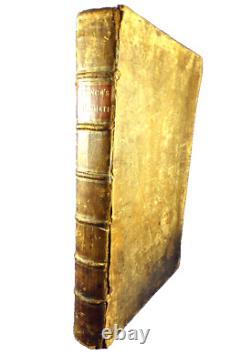
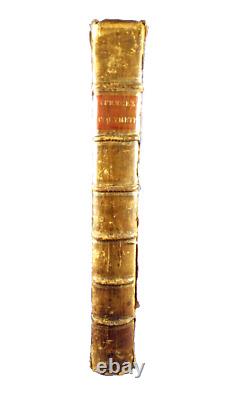
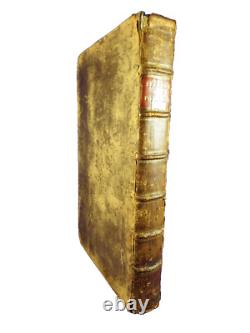

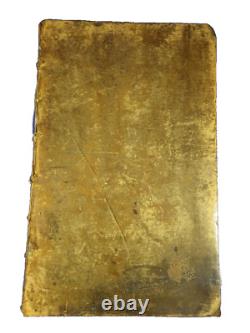
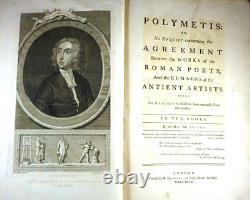
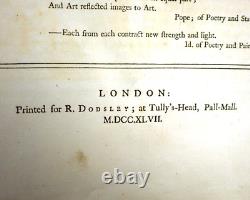
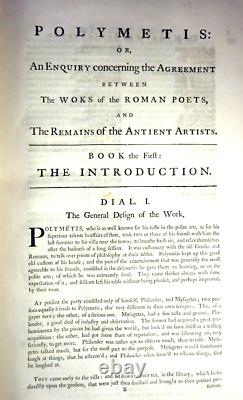
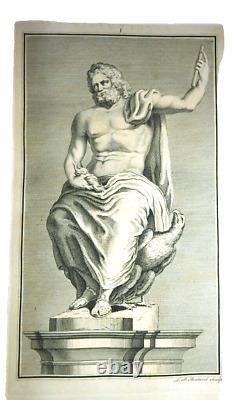
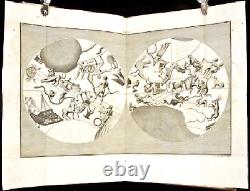
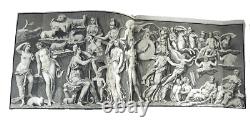
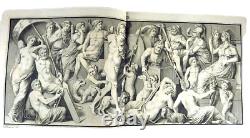


Polymetis: or, An Enquiry concerning the Agreement Between the Works of the Roman Poets, And the Remains of the Antient Artists. Being An Attempt to illustrate them mutually from one another. With the list of Subscribers.
42 copper-engraved plates by Boitard, including frontispiece portrait, some are double-page and/or folding; plus a few wood engravings within the text. Period full calf, red leather spine label. Binding worn, joints and hinges cracked; some light foxing; internally very good. One of the great works on classical art and literature of the eighteenth century, although criticized at the time for totally ignoring the Greeks.
He most widely read English book of the mid eighteenth century on the relationship between the art and the literature of classical Greece and Rome. The first edition had been published in 1747 (after lengthy preparation - Spence had assembled preparatory material during his first visit to Italy). A new edition would appear in 1774, and abridgments for schools were current until the 1820s.The text is in the form of twenty-one dialogues. It was attacked in Lessing's Laokoon (1766); but is though to have provided the poet Keats with some of his mythological imagery. Polymetis remained Spence's only considerable contribution to classical scholarship. The qualities made him much in demand as an escort for the sons of English gentlemen and nobility on the Grand Tour of Europe.

